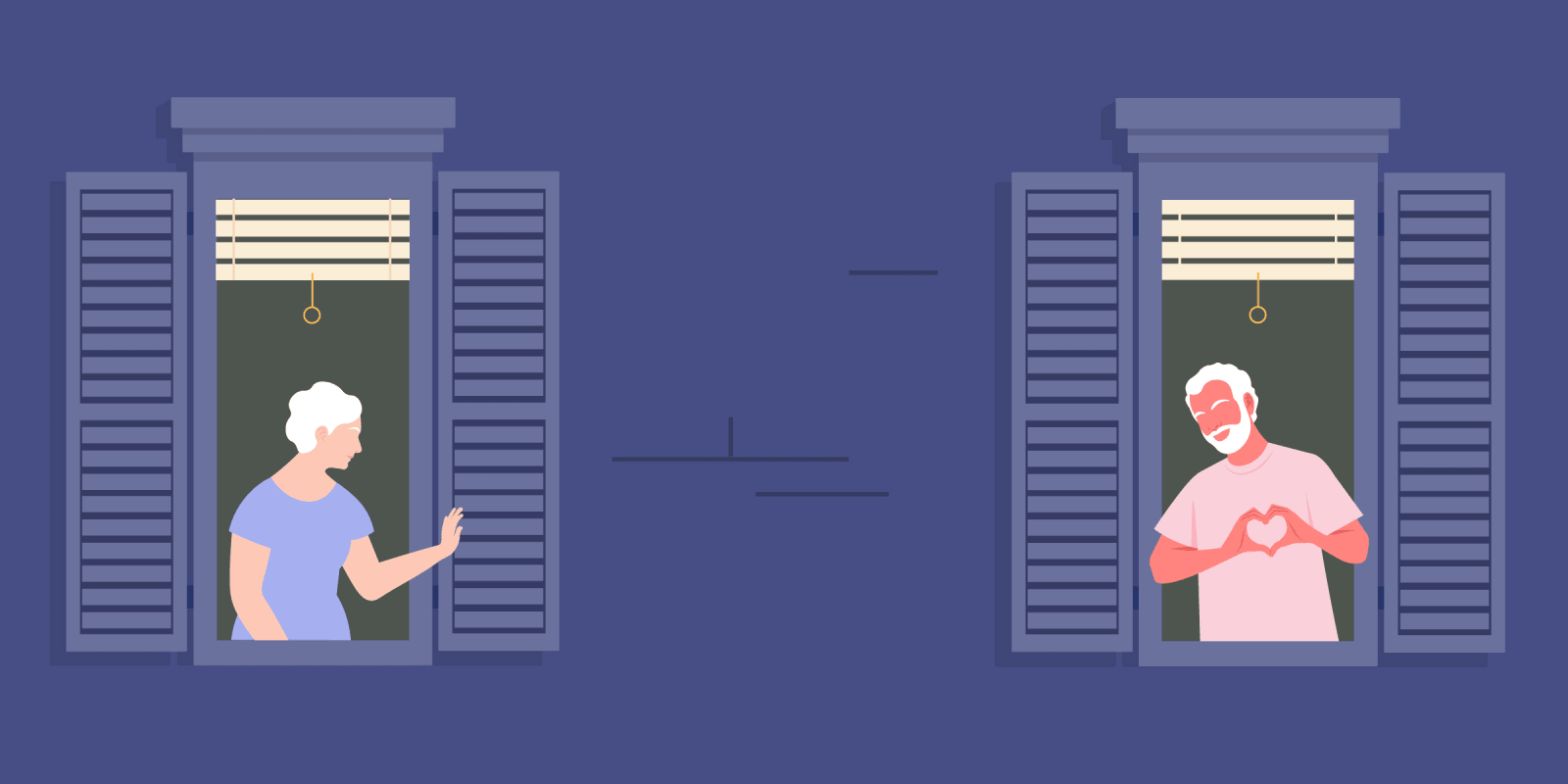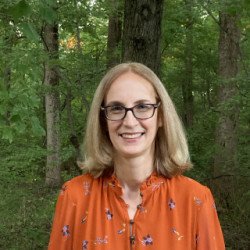This fall, ABC aired a senior version of its long-running dating reality show "The Bachelor". Twenty-two women between the ages of 60 and 75 would vie to win the “final rose” and possibly a marriage proposal from the 72-year-old leading man. The entertainment media was abuzz with questions: Would viewers watch the courtship of people in their 60s and 70s? Would they be turned off by all the gray hair and walkers? As it turned out, "The Golden Bachelor" was a hit and introduced the American public to a group of senior women who were sexy, funny, and adventurous. They were also, it seemed, more wise, realistic, and relatable than most of their Generation Z counterparts on earlier iterations of the show.
Also in the past year, Elton John rocked stadiums at age 76, and the 80-year-old Mick Jagger announced an upcoming tour with The Rolling Stones. The media image of a senior is no longer “I’ve fallen and I can’t get up,” but Martha Stewart posing in a swimsuit at age 82 and Dolly Parton performing in a Dallas Cowboys cheerleader costume at age 77.
I have taken a lively interest in these older icons because my career is now largely devoted to the care of seniors. A few years back, I left a position with a traditional community-based outpatient primary care group, and I now work at a Medicare-only practice. Almost all of my patients are age 65 or older, and a large percent are age 80 and older. When I was debating the change in jobs, one of my concerns was giving up the wider range of patients that I was accustomed to treating. Would I find it monotonous to practice geriatrics all day? Would I still encounter the breadth of health conditions and personalities that I enjoyed? Would I still enjoy the side conversations about my patients’ outside interests, travels, and pursuits that add color and interest to my day? I made the switch, and sometimes I do miss treating conditions that are more relevant to the younger end of the spectrum, like contraceptive counseling. However, I really enjoy my new roster of patients and have found them varied, vibrant, and fun to get to know.
Most of my senior patients are retired, and many now have the time to pursue politics, volunteer work, or passions that had previously been on the back burner. My patients are artists and activists. One woman sews cloth sanitary napkins for girls and women who can not afford to buy them. A retired veteran mentors teen boys at a local community center. I have seen patients fall in love and develop meaningful new hobbies and skills. Many play pickleball. I love hearing about all of these activities.
Aside from interacting with interesting people, I have found a number of other advantages of caring for this population.
They are not rushed. My previous patients often wanted to squeeze in an appointment before or after work, or to try to handle their concerns over the phone (often after 5 p.m.) or by email, as they could not take the time to visit me during working hours. My retired seniors have less time pressure. They are more understanding if I am running behind schedule, and more willing to come back for a blood pressure recheck or to follow up on a tweak of their medications. I see them more frequently and get to know them better, which makes for a warmer patient-physician bond.
They have realistic expectations. Having more life experience, they are more forgiving and better able to understand limitations of medicine. They have been through enough bouts of bronchitis or their bad back that they know I want the best for them, but healing takes time.
Our visits often lead to deep and insightful conversations. My patients offer a wealth of life experiences. They talk about their families with wisdom and perspective. They may be more open to talking about deeper topics like end-of-life care and how to find meaning despite adversity.
My patients are a great antidote to the cult of youth. They provide role models for aging with dignity and grace. I see their challenges, but also the joy they take in their grandchildren, their homes and neighborhoods, and in simple pleasures like gardening or a lunch with friends. Many dress up for their outing to the doctor’s office, and my team and I love to coo over their carefully-chosen garments.
Of course, there are unique difficulties in caring for seniors. My older patients have more medications, more health conditions, and a higher risk of developing a serious health problem compared to the general population. Their UTI is much more likely to turn into sepsis. Their new abdominal pain is more likely to signify a malignancy. As a clinician, you have to stay on your guard. I prescribe a lot more antibiotics and order more CAT scans than I did in the past. I discover a larger number of ominous diagnoses. Also, the burden of disability and cognitive decline is real and oppressive. I see families struggling and patients grappling with their new limitations. “Don’t get old!” I get told over and over (often with a wink).
I also hear about the indignities that my patients experience as they interact with the health care system. These could include costs they can’t afford on a fixed income, being infantilized or ignored by medical staff, and technology systems that are overwhelming to all of us, but especially to folks who may still be more comfortable with rotary phones and snail mail.
Our seniors deserve clinicians that see them as full people with joys, desires, and a future, even if it is likely to be briefer than our own. No one should be addressed with baby talk or talked down to. Even patients with some degree of dementia can often follow a conversation about their health and express choices about their medical care. No one should have their symptoms dismissed due to “old age” — we need to take their age and health status into account when we decide on screening and treatment regimens. We need to talk with our patients about their goals and preferences as they age out of guidelines for evidence-based care.
As our population ages and PCPs retire in large numbers, there is concern about who will be there to treat our seniors. I call on trainees and younger clinicians to consider providing care to this very rewarding and deserving population. They will surprise and reward you. Do you accept their rose?
What do you enjoy about working with senior patients? Share in the comments.
Melissa Schiffman, MD is a community-based primary care physician who practices in Suburban Philadelphia. She enjoys books, birds, gardens, and word nerdery. Her favorite medical term is "borborygmi." Find her on Twitter at: @MSchiffmanMD. Dr. Schiffman was a 2022–2023 Doximity Op-Med Fellow, and continues as a 2023–2024 Doximity Op-Med Fellow.
Image: Maria Voronovich / Getty Images






